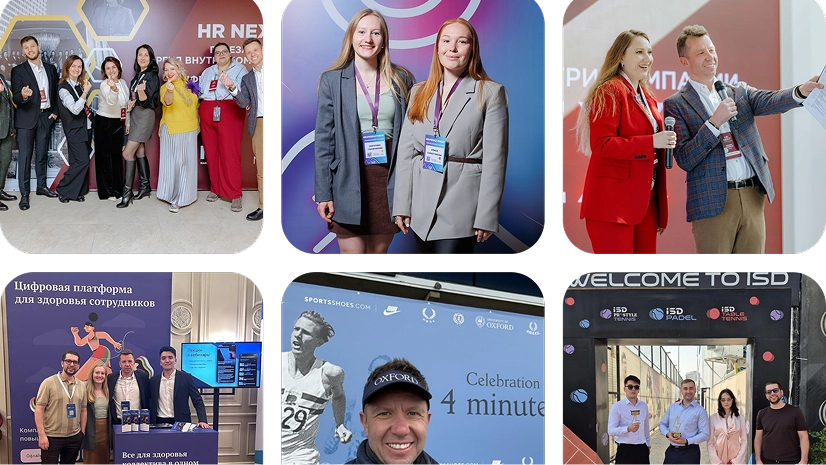The hybrid work model is becoming the norm for many organizations, offering flexibility and work-life balance. However, maintaining motivation and engagement across teams working both remotely and in-office can be a significant challenge. By understanding the unique dynamics of hybrid work environments and implementing targeted strategies, organizations can foster a motivated, connected, and productive workforce.
The Challenges of Motivation in Hybrid Workplaces
Hybrid work environments introduce new complexities in maintaining motivation and collaboration. Teams often face:
- Unequal Access to Resources: Remote workers may lack the tools or technology available in the office.
- Communication Gaps: Physical distance can lead to miscommunication or a sense of isolation among remote team members.
- Disconnection from Culture: Without consistent in-person interactions, employees may feel detached from the company’s values and goals.
- Difficulty Maintaining Accountability: Ensuring productivity across varied locations requires new approaches to oversight and support.
Recognizing these challenges is the first step toward addressing them effectively.
Strategies to Boost Motivation in Hybrid Teams
Foster Open and Transparent Communication
Clear communication builds trust and alignment in hybrid settings.
- Regular Check-Ins: Schedule one-on-one meetings to understand individual needs and address concerns.
- Team Updates: Hold weekly team meetings to ensure everyone is informed about priorities and progress.
- Unified Platforms: Use tools like Slack, Microsoft Teams, or Zoom to create centralized communication hubs for hybrid teams.
Transparency about company goals, challenges, and successes keeps employees engaged and motivated.
Prioritize Flexibility and Autonomy
Employees thrive when they have control over their work schedules and tasks.
- Flexible Hours: Allow employees to set their work hours within agreed-upon boundaries.
- Task Ownership: Encourage team members to take initiative and make decisions within their roles.
- Work Location Options: Let employees choose where they feel most productive—whether at home, in the office, or a mix of both.
Giving employees the freedom to structure their work fosters accountability and motivation.
Create Opportunities for Connection
Building a sense of community in a hybrid workplace enhances morale and collaboration.
- Virtual and In-Person Activities: Host virtual happy hours, team-building exercises, or hybrid events that include both remote and in-office employees.
- Mentorship Programs: Pair employees with mentors who can guide them professionally and help them feel connected to the organization.
- Collaboration Zones: In-office collaboration spaces designed for team discussions and brainstorming sessions encourage interaction and camaraderie.
Recognizing and Rewarding Contributions
Acknowledging achievements is critical for maintaining motivation in hybrid settings.
Performance Recognition
Highlight accomplishments in team meetings or newsletters.
Incentives for Success
Offer rewards such as gift cards, additional time off, or professional development opportunities.
Feedback Systems
Implement peer recognition tools where employees can celebrate each other’s efforts.
Showing appreciation for contributions reinforces the value of employees’ work and keeps them engaged.
Supporting Employee Well-Being
Motivated employees are those who feel supported mentally and physically.
Provide Mental Health Resources
Access to counseling, stress management workshops, and mental health days ensures employees can recharge and perform at their best.
Encourage Healthy Habits
Promote wellness initiatives like step challenges, virtual fitness classes, or meditation apps to keep employees energized and focused.
Avoid Burnout
Monitor workloads and check in regularly to ensure employees are not overburdened. Encourage regular breaks and work-life balance practices.
Measuring the Success of Motivation Strategies
Tracking progress helps organizations refine their approaches to boosting motivation.
Employee Surveys
Gather feedback on job satisfaction, engagement levels, and areas for improvement through anonymous surveys.
Productivity Metrics
Analyze key performance indicators such as project completion rates, quality of output, and meeting deadlines.
Retention Rates
A motivated workforce is more likely to stay loyal to the organization. Monitoring turnover rates provides insight into employee satisfaction.
Conclusion
Motivating teams in hybrid work environments requires intentional effort to address the unique challenges of flexibility and distance. By fostering communication, offering flexibility, recognizing contributions, and supporting well-being, organizations can create a thriving workplace that empowers employees to perform at their best. Investing in motivation not only improves productivity but also builds a stronger, more resilient workforce prepared for the future of work.

What is the level of wellbeing in your team?
 Take the survey
Take the surveyWellbeing course for HR specialists
.png) Subscribe
Subscribe.png)
.png)
.png)





.png)





